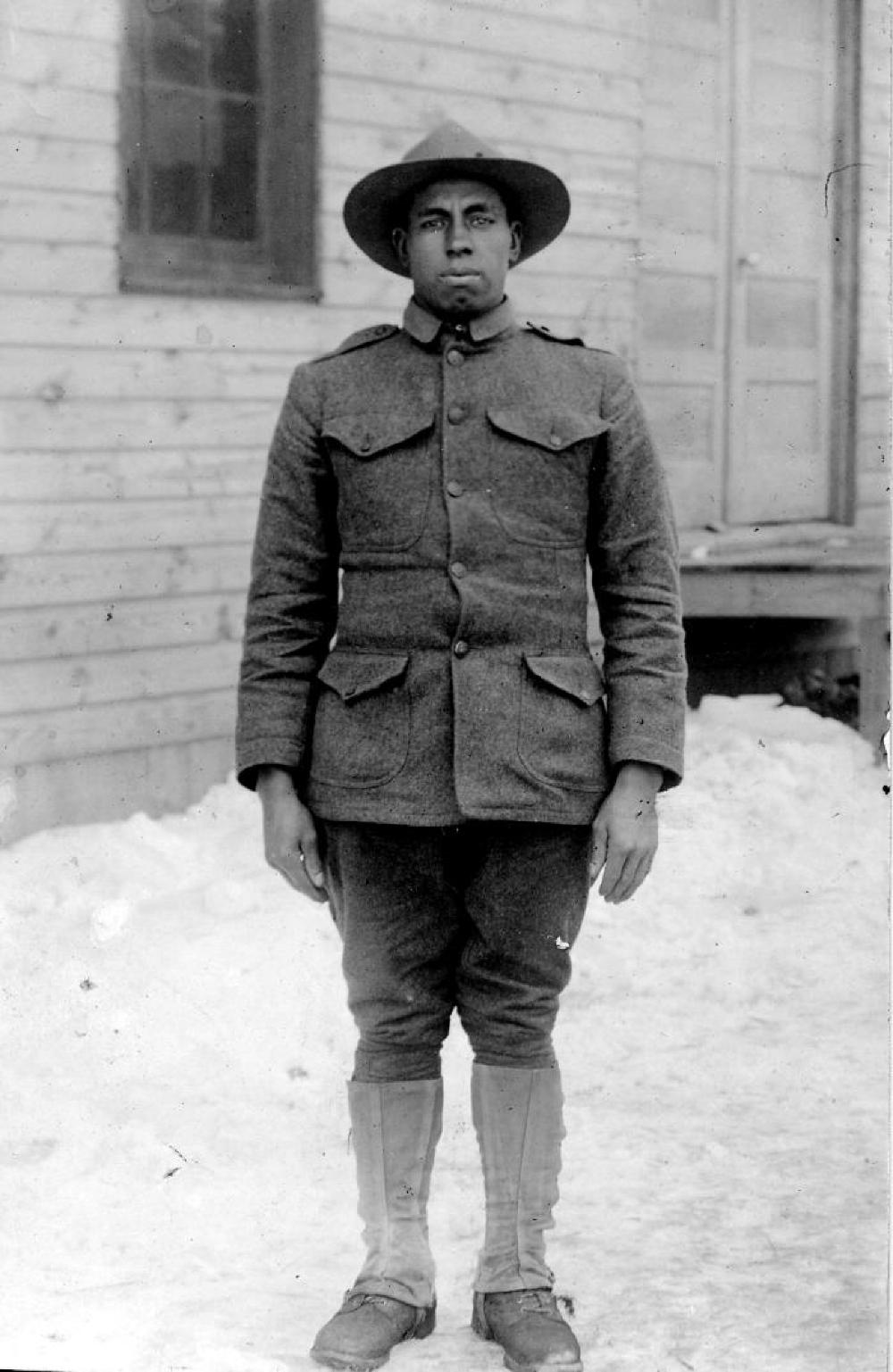
To celebrate Black History Month, we want to highlight some specific resources and events that are happening around New York State. While we believe in centering and promoting Black history throughout the year, this is a great time to get more familiar with historic collections, organizations, and new discoveries that feature the essential role of African Americans in American history.
First, we’re amplifying some educational resources created by the Archives Partnership Trust with the New York State Archives, all hosted within a community called Consider the Source New York. This is “a free online community that connects educators across New York State to the valuable primary sources materials found in the churches, museums, historical organizations, libraries, and state and local governments with a series of highly-engaging learning activities designed to guide and encourage students at all grade levels to make discoveries using critical thinking skills.” There is a myriad of primary source materials, as well as developed learning activities with questions and guided lesson plans. By filtering, you can see all of the Learning Activities that focus on African American history here, and all of the African American Primary Source documents here.
The NY State Archives social media accounts (Twitter and Facebook) are also highlighting records and images that celebrate Black history from their collections, based around various themes in different weeks (e.g. military, civil rights, education, entertainment, sports, etc.). One featured story that contributes to our ongoing awareness of how archives can help illuminate and complete historic narratives includes the discovery of court records from 1828 that detail "how Sojourner Truth successfully used the legal system to get her son released from slavery,” making her the first Black woman to successfully sue white men in the United States. These materials were uncovered within 5,000+ boxes, and the story has been publicized within the Albany Times Union newspaper.
Lastly, we encourage you to check out the National Abolition Hall of Fame and Museum’s monthlong series of videos called Black History Matters. With a new video shared on their YouTube channel each day in February, Black History Matters “is an educational series that seeks to highlight historical events in the Black American experience.” The museum, in Peterboro, NY, “honors antislavery abolitionists, their work to end slavery, and the legacy of that struggle, and strives to complete the second and ongoing abolition - the moral conviction to end racism.” NAHFM also has a great list of antiracism resources to engage in further learning that is connected to our goals with this blog series.
You can still participate in an easy antiracist action that was a call from the facilitators of the first DHPSNY Dialogue session, and we invite all readers of this blog to contribute as well! Please select a reading or another piece of media - as short or long as you want - written or created by a maker of color (BIPOC/PGM) about race. You can email your selection to us at info@dhpsny.org and we'll add it to a curated list of antiracism resources, already begun here.
Please let us know if your organization is hosting or participating in any Black History Month events, and we can help promote them on the New York Cultural Calendar. You can also contact us with any further thoughts or feedback through email at info@DHPSNY.org, or connect with us on the DHPSNY Facebook page or DHPSNY Community Facebook Group.
This post is part of a biweekly blog series on sharing information, promoting resources, encouraging discussion, and amplifying the voices of Black, Indigenous, and People of Color (BIPOC) doing antiracism work in archives, museums, history sites, and library special collections. DHPSNY is committed to supporting the diverse network of collecting institutions that safeguard and ensure access to historical records and library research materials across New York State. To learn more, visit our first blog post in the series.
To access the full list of resources in this series, visit our Antiracism Resources links spreadsheet.
Image: Charles Freeman in World War I, Consider the Source New York.